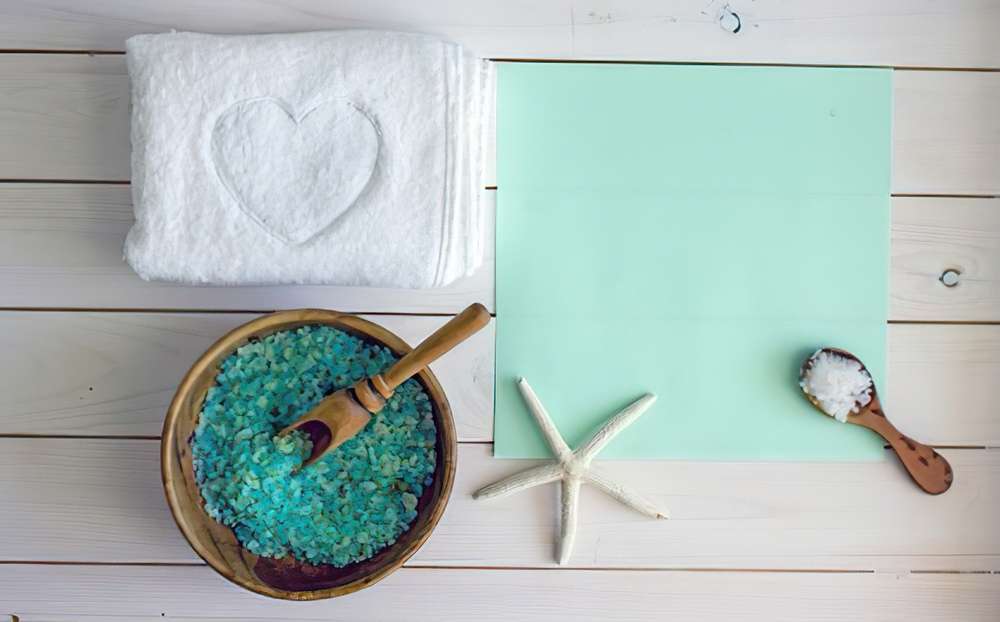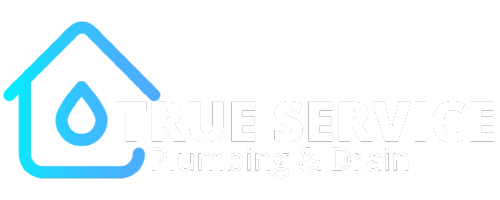You’ve had a long week. Friday has finally come around and you’ve been looking forward to some relaxation.
After giving it a bit of thought, you settle for a hot, warm bath. Some much needed respite. A time for your aches and stress to melt away. To complement your bath, you add a scoop of epsom salts.
For hundreds of years, people have been using epsom salt to ease all sorts of ailments. From aches and pains to skin troubles. They are well known for their restorative properties on both the body and mind.
But, are epsom salts safe for your bathtub drain? Will using other related bath products negatively affect my home plumbing system?
The answer may surprise you. Below, we explore the use of epsom salts and other bath products and their effects on your plumbing.
What Are Epsom Salts?
Epsom salt is a chemical compound, with a similar chemical structure found in salts. Also known in chemistry as magnesium sulfate. It consists of magnesium, sulfur, and oxygen.
The name originates from England, in the town of Epsom of Surrey. Here, they occur naturally in springs near the town.
Despite looking like table salt, I would recommend against seasoning food with it. While it may look the same, the taste is quite different. Epsom salt has a very bitter and distasteful flavor.
Epsom salts also differ from bath crystals and bath salts. They do not have the same chemical make up. Bath crystals and bath salts may also contain additives. These include oils, colors and fragrances to aid with relaxation.
Epsom salts work by breaking down in water, releasing magnesium and sulfate ions. In theory, your skin then absorbs these ionic particles. From here, the absorbed minerals aid your body.
While there is not much research done to confirm the beneficial claims of epsom salts, still, a warm soak won’t hurt. Soaking in warm water can aid with muscle relaxation and free up stiff joints.
Does Epsom Salts Clog Drains?
Now the big question – does epsom salts clog drains? Yes and no. In short, it depends. Epsom salt likely won’t clog your drain. But it will clog if the salt does not dissolve.
Any material that enters your drain which cannot breakdown will accumulate. If partially dissolved epsom salts collect in your drain, they may mix with other debris, such as hair.
Overtime, this can build up with other bath products, such as soap scum, shampoos, and shower gels. An obstruction will eventually form. This will cause your bathtub or shower to drain slowly or, in the worst case, be unable to drain at all.
What can you do to avoid this? Check the label of the product you will be using for your bath, and see if it states clearly it is fully dissolvable. Best to assume that it won’t and not allow it to enter your drain.
If unsure, or the label instructions are unclear, you can use a mesh net. Fill up the mesh net with your desired amount of epsom salt. Tie it down and drop it in the water.
This way, any undissolved chucks of epsom salt will remain in the net, and not enter your drain. The mesh should still allow the warm water to dissolve the epsom salt. This will allow you to enjoy a salt bath, without risking a future drain clog.
Is epSom salt bad for pipes?
Is epsom salt bad for pipes? Well… it depends! Salt water corrosion does occur with piping, especially with homes on the coastline.
Certain materials, like steel and copper, are susceptible to salt water corrosion. With bath-salt additives, there is no cause for concern.
Salt can potentially damage PVC pipes over time. Although PVC pipes are known for their durability and chemical resistance, long-term salt exposure can cause corrosion. This will eventually lead to leaks or other issues.
Unless you often take salt baths or use a high concentration of salt, corrosion is unlikely.
Salt, in fact, is actually beneficial to your plumbing. You can make a homemade drain cleaner consisting of only baking soda, salt, and cream of tartar. This cleaner is completely all natural and easy to use.
Just pour this mixture down, and let it sit for an hour or so. Follow up with boiling water down the drain. After, turn the faucet on and allow hot water to run for about a minute. Switch to cold water for another minute. Do this every month to keep your drains odor and clog free.
How to Dispose of Epsom Salt
Disposing of epsom salt without harming your plumbing may seem like a challenge, but worry not, homeowners, we have the solutions you need.
First, instead of pouring the used salts down the drain, place them in a sealed plastic bag and simply throw them in the trash. This easy method keeps your pipes safe while ensuring a proper disposal.
For the environmentally conscious, repurposing your Epsom salts for gardening is a fantastic option. Mix the salts with water to create a nutrient-rich solution that can be used as a fertilizer. Your plants will benefit from the extra magnesium, and your pipes will remain in good condition!
In summary, disposing of Epsom salts doesn’t have to be complicated. Remember, when it comes to how to dispose of Epsom salt, it’s all about finding the right alternative to protect your pipes.
What About Other Bath & Body Products?
Besides epsom salt, there is a wide variety of bath & body products, like bath bombs and body oil. These too, can be problematic for your plumbing.
Bath bombs for instance, consist of many ingredients. On a base level, the main ingredients are baking soda and citric acid. This is what creates the fizz and foam you see when you drop it into a warm bath.
Aside from those two, bath bombs also contain oils, used to both form its shape and impart a nice scent. Salts for soothing achy muscles. Titanium dioxide, often found in cosmetics, adds some opacity to the color. There can also be other additions, such as dyes, dried flowers, herbs, confetti and glitter.
These extra ingredients pose the most threat to your plumbing system. They are often not water soluble. Oils will remain partially dissolved in the bath water. When later drained, it can congeal further down the drain. Titanium dioxide acts in a similar way.
Overtime, these insoluble ingredients will accumulate in the piping. They can easily latch onto other debris, such as hair, dead skin, soap scum and minerals in your pipes. Eventually this will cause a blockage or clog.
This doesn’t mean you can’t enjoy the occasional bath bomb or aromatic oils in the bath. As mentioned earlier, a mesh bag or similar screening material will help immensely. Also, consider using a strainer in your tub. Both ways will prevent insoluble material from entering your drain.
Limit your use of bath bombs. Frequent use may irritate and cause dryness for those with sensitive skin. Be more mindful of the ingredients – buy bath bombs with the fewest ingredients. Less mess to worry about after bathing. Lastly, consider homemade bath bombs. This way, you can limit the ingredient use with a more basic recipe.
Plumbing Drain Services with True Service Plumbing
Bath draining slowly or won’t drain at all?! Give us a call.
Our licensed plumbers will assess your home’s plumbing system and determine the root cause of your issue, and perform the services necessary to get your drains working again.
From drain cleaning, drain rooting, and clogged drains, True Service Plumbing has your back when it comes to all things plumbing.


